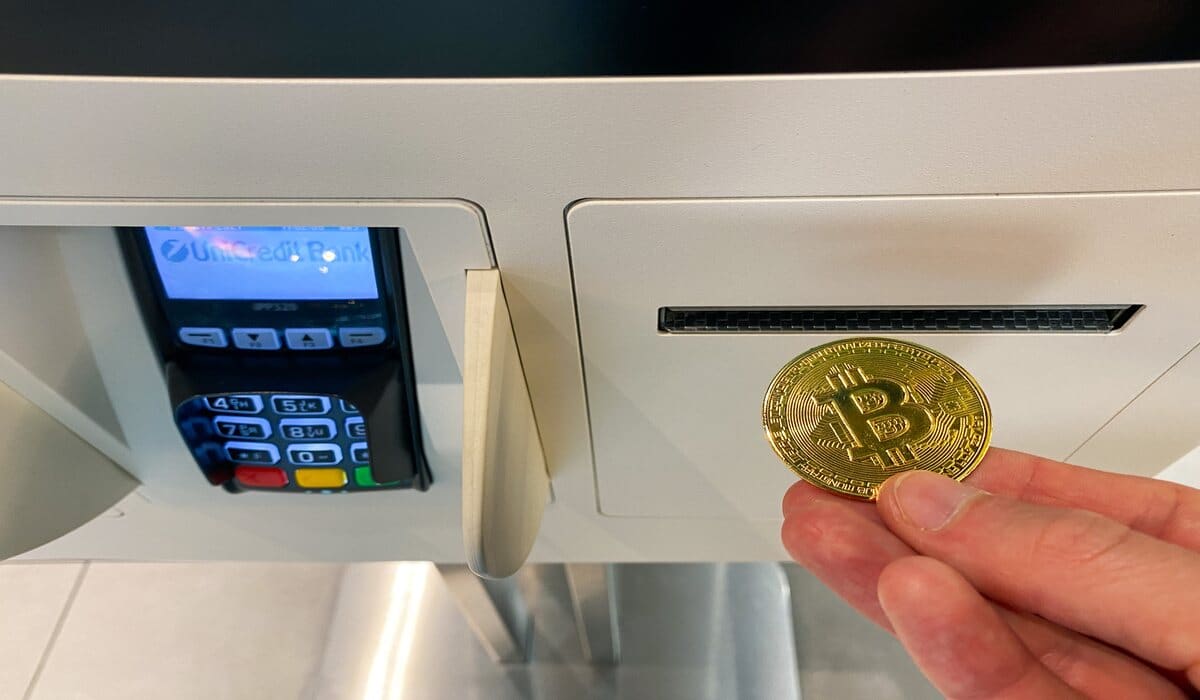Cryptocurrency is making huge strides and is more and more accepted by well-known brands and companies. In order to offer this payment method, a crypto payment gateway is essential. This article will go in-depth about how these gateways work and their advantages and disadvantages. They work in the same way as traditional payment processors, converting digital payments into fiat currency. There are two types of gateways: crypto-fiat and crypto-crypto. Although not mandatory, these crypto payment gateway offer an additional payment choice and convenience for customers.
Advantages & Disadvantages
When accepting digital currency payments, merchants must assess the benefits and drawbacks of payment processing.
Advantages
- Independent: Because cryptocurrency payments are decentralized, they are not regulated by any central authority or institution, allowing them to be faster, cheaper, and more secure.
- Cost-efficient: Because of the lack of intermediaries, transaction fees for crypto payments are frequently lower than those for traditional payment methods such as credit cards or bank transfers.
- Anonymous: Some cryptocurrencies offer a high level of anonymity, which may benefit those who value their privacy and security.
- Internationally available: Payments in cryptocurrency can be made anywhere in the world, and no one is prevented from making or receiving payments. This makes it a good alternative for multinational corporations.
- No chargebacks: Chargebacks are not feasible with cryptocurrency payments since blockchain does not support them. This ensures that firms will not suffer financial losses due to chargebacks.
Disadvantages
- Volatility: Volatility is an important aspect of cryptocurrencies. It is quite tough to sell and buy Ethereum or Bitcoin at the same price. As a result, merchants who accept Bitcoin payments may receive less than they anticipated.
- Scalability: Bitcoin systems are slower than fiat ones. The Bitcoin network can handle 4-5 transactions per second. The Ethereum network is capable of processing up to 30 transactions per second. Ripple can process up to 1,500 transactions per second, while EOS can process up to 4,000. Visa is capable of processing up to 24,000 transactions per second.
- Regulations: Because Bitcoin is not allowed in the majority of regions, taking such payments may pose legal concerns for merchants in some situations.
Cryptocurrency transfers involve digital wallets and payment gateway fees. The verification process requires energy and computational power, with miners and validators receiving a fee from the sender. Secure gateway services are available to promote trust and remove confusion. While small businesses might not need these services, intermediaries can offer a helpful solution.
Photo by rc.xyz NFT gallery on Unsplash


